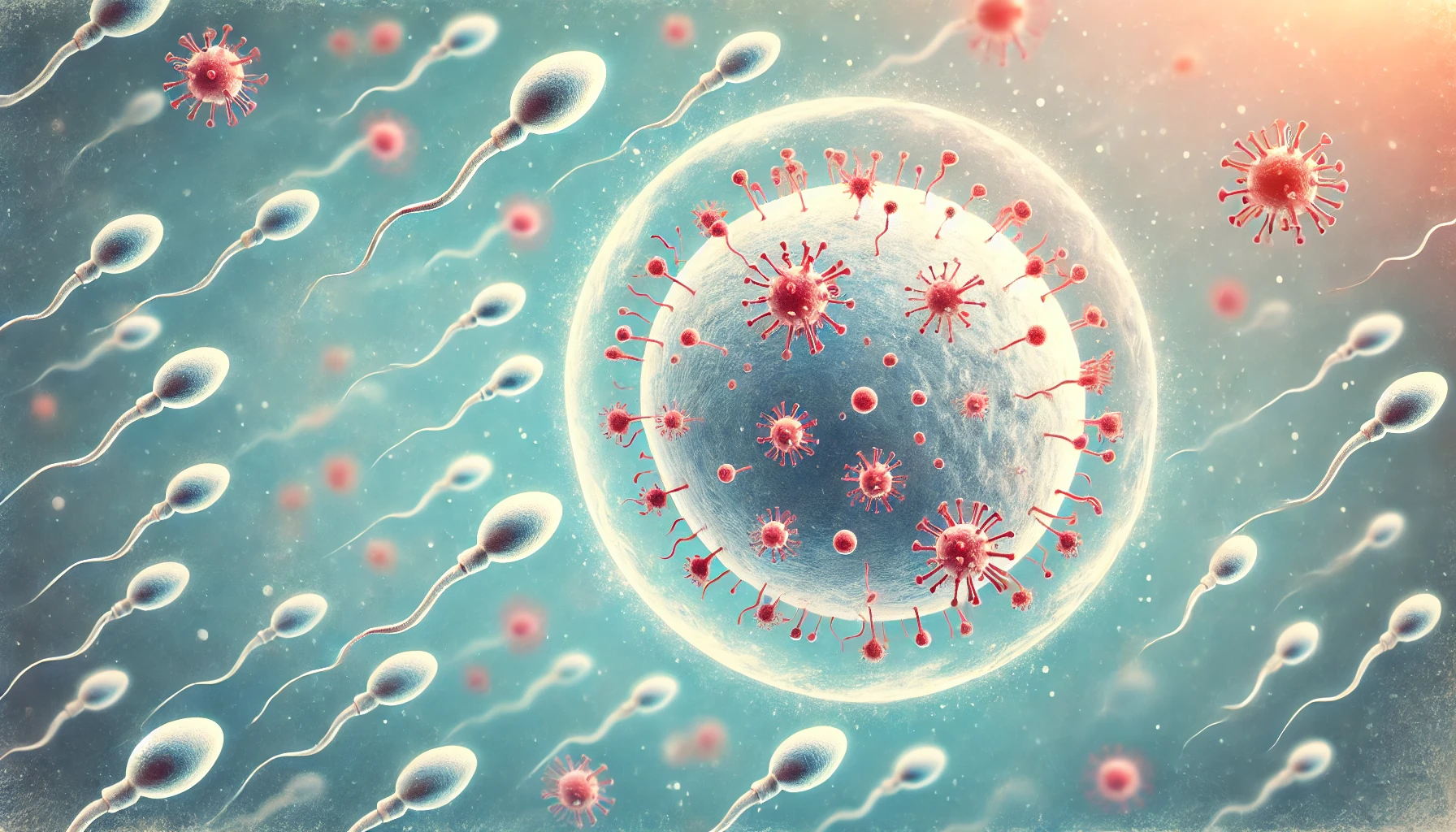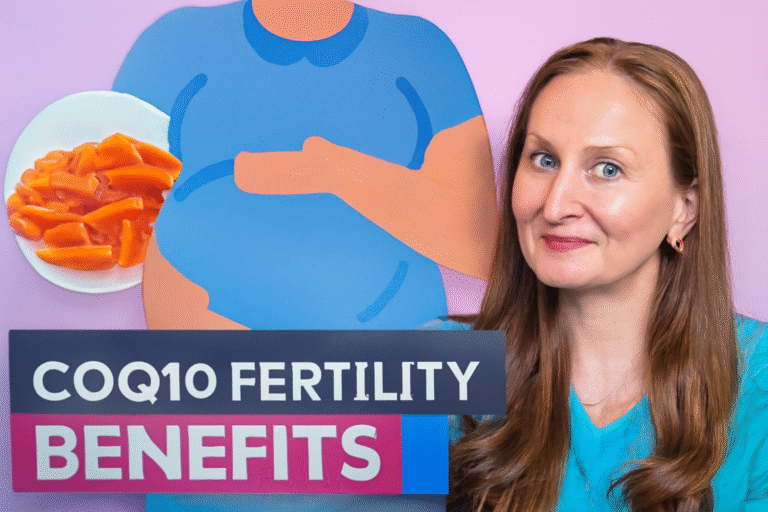Human papillomavirus (HPV) affects epithelial cells, which are surface cells, on the skin, such as the hands or feet, and on the inside of the mouth or pelvic area. Any contact with the places where the virus is present could cause it to spread.
It happens a lot to people who are sexually active.
These days, the Centers for Disease Control and Prevention (CDC) say that about 79 million Americans have at least one type of HPV. There are at least 150 different kinds of HPV.
The body can sometimes fight off the virus and get rid of it in one to two years.
But this doesn’t always happen. There are types of HPV that can be very bad for your health and cause skin warts and cancer.
Also read: How Many Days After Your Period You Get Pregnant?
Is there a connection between HPV and fertility?
Many sexually transmitted diseases (STIs) can make it impossible to have children if they are not treated.
But HPV shouldn’t stop you from getting pregnant. You may have heard that HPV can make it hard to get pregnant, but that’s not usually the case.
Some types of HPV can make getting cervical cancer more likely. Taking out dangerous or precancerous cells from the cervix can then change a woman’s ability to have children.
How does HPV treatment affect female fertility?
Sometimes, HPV diseases can be treated on their own. Your doctor will use one of the following methods to get rid of abnormal cells if they feel that they need to:
- Cryotherapy, which freezes and kills the abnormal tissue
- a cone biopsy to remove part of the cervix
- the loop electrosurgical excision process (LEEP), which uses a wire loop carrying an electric charge to remove cells.
These treatments may make it harder for you to get pregnant or carry the baby to term. This is because getting rid of cells can change how much mucus your cervix makes.
It can also make the opening of the cervix narrow, which is also called stenosis. This could slow down the sperm, which would make it harder for an egg to reach the sperm.
The cervix may also get weaker after some medicines. This won’t make you unable to get pregnant or make it hard to get pregnant, but it can cause cervical insufficiency, which can make your cervix spread and thin before they are fully grown.
How does HPV affect male fertility?
One study from 2011 found that guys whose sperm contains HPV can have trouble getting pregnant. Sperm that has HPV in it may raise the chance of an early miscarriage if it fertilizes an egg. A study from 2014 also found that sperm that has HPV in it can make it harder for men and couples to get pregnant.
In addition, a study from 2015 found that HPV made sperm move less easily.
But more study needs to be done on the effects of HPV in men to see if these results are consistent.
Is there a connection between the HPV vaccine and fertility?
Some people used to think that the HPV vaccine made people unable to have children. This idea has been mostly shown to be false. Now, some people think that the vaccine can help people get pregnant by stopping the growth of precancerous and cancerous cells in the cervix.
What’s the takeaway?
For most people, HPV shouldn’t make it harder to get pregnant. It’s possible that HPV could make men unable to have children, but more study is needed.
Still, women who are sexually active should talk to their doctors about the latest HPV screening standards. Right now, there isn’t an HPV test for guys.
If you are not trying to get pregnant, you should use a condom when you are sexually active to lower your risk of getting or passing on HPV.
FAQs
1. What is HPV?
HPV (Human Papillomavirus) is a common virus that affects epithelial cells on the skin and mucous membranes. It spreads through direct contact, including sexual activity.
2. How common is HPV?
According to the CDC, about 79 million Americans have at least one type of HPV. There are over 150 different types of HPV.
3. Can HPV affect fertility?
In most cases, HPV does not directly impact fertility. However, certain HPV-related conditions, treatments, or complications may affect reproductive health.
4. How does HPV treatment affect female fertility?
Some treatments for HPV-related cervical abnormalities, such as cryotherapy, cone biopsy, or LEEP, may affect cervical mucus production or cause cervical stenosis, potentially making conception more difficult.
5. Can HPV affect male fertility?
Some studies suggest that HPV in sperm can reduce sperm motility and increase the risk of early miscarriage, but more research is needed to confirm these findings.
6. Does the HPV vaccine affect fertility?
No, the HPV vaccine does not cause infertility. In fact, by preventing HPV-related cervical abnormalities, it may help protect reproductive health.
7. Can HPV cause pregnancy complications?
While HPV itself does not usually cause complications, cervical insufficiency due to HPV treatments may increase the risk of preterm labor.
8. Is there an HPV test for men?
Currently, there is no approved HPV test for men. HPV screening is mainly recommended for women.
9. How can I reduce the risk of HPV-related fertility issues?
Practicing safe sex, getting regular HPV screenings, and considering vaccination can help lower the risk of HPV-related health issues.
10. Can I get pregnant if I have HPV?
Yes, most people with HPV can conceive and have healthy pregnancies. However, if you have concerns, it’s best to consult a doctor.
Would you like me to add or modify any of these FAQs?





[…] Also read: Can Human Papillomavirus HPV Affect My Fertility? […]